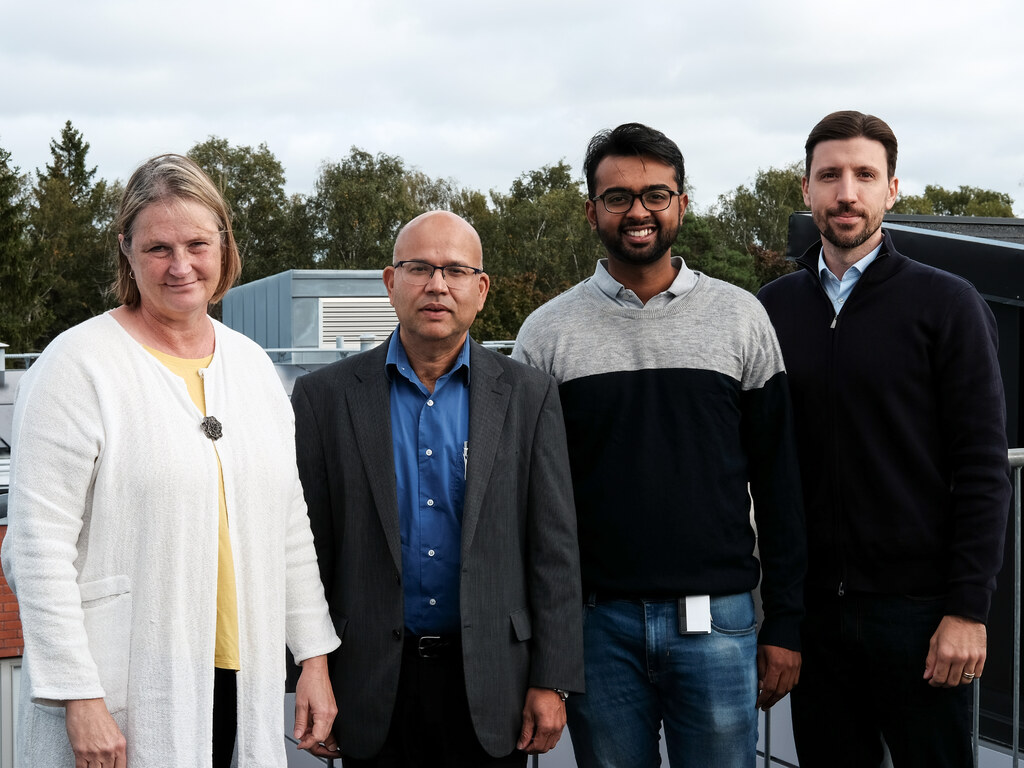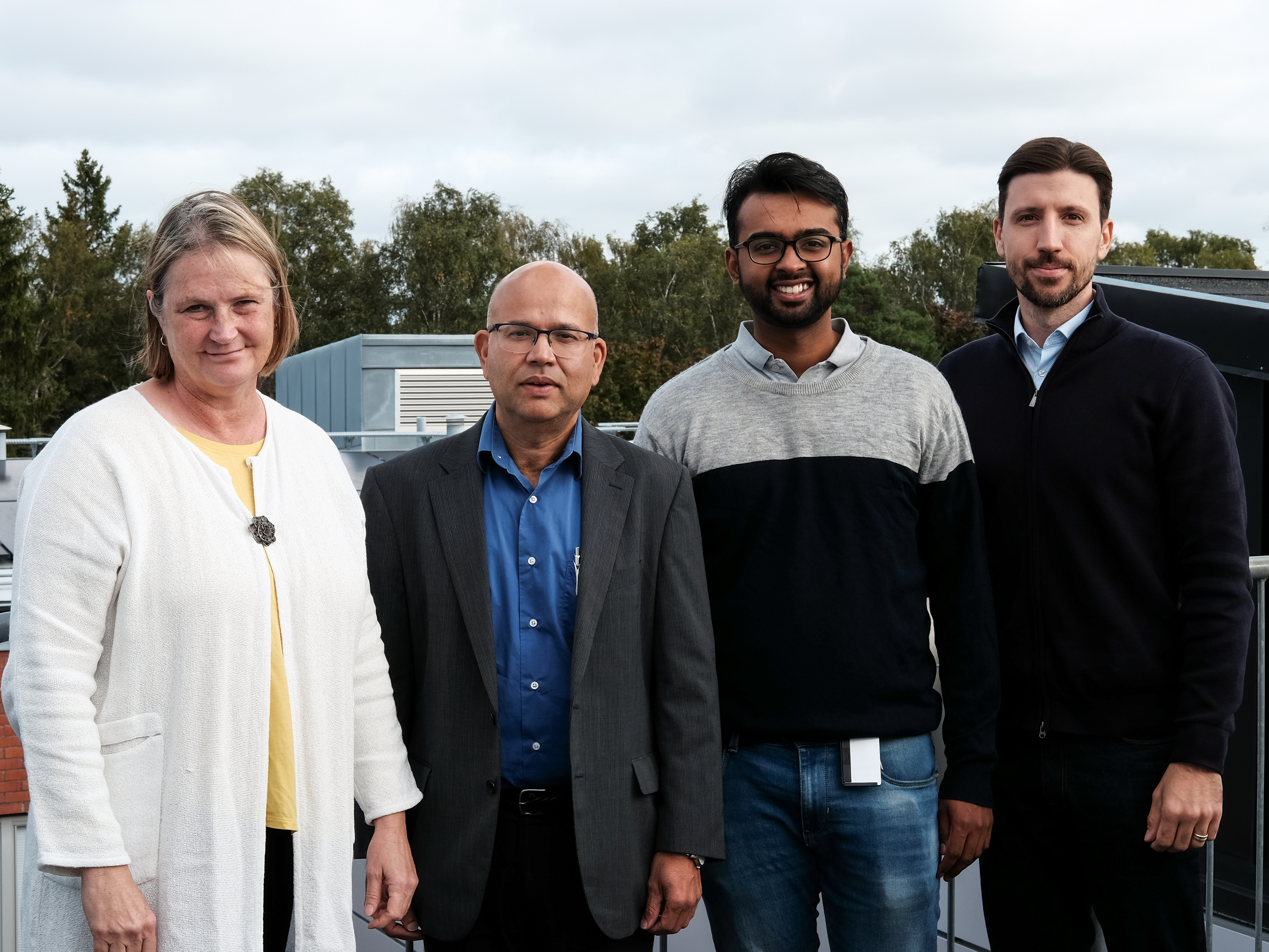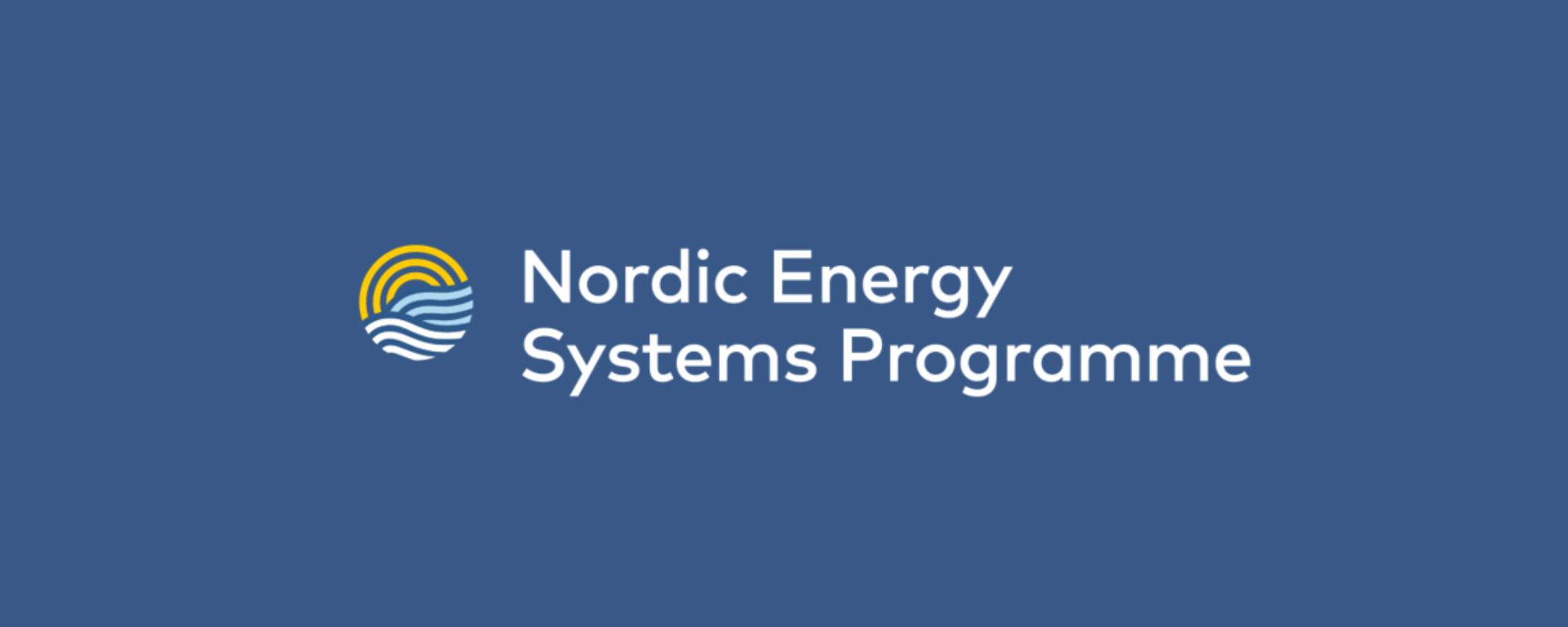
Managing uncertainty in the Nordic energy system
The Nordic energy systems are rapidly evolving with the introduction of new energy sources, an increasing share of fossil-free energy, enhanced market flexibility, as well as behavioural and demographic changes…
The Nordic energy systems are rapidly evolving with the introduction of new energy sources, an increasing share of fossil-free energy, enhanced market flexibility, as well as behavioural and demographic changes, alongside shifting policies. Although the Nordic countries have a strong tradition of national energy system analysis and energy modelling, increased cooperation is essential to facilitate the green energy transition and to prepare for uncertainties that could impact energy systems, such as geopolitical tensions and extreme weather events.
Therefore, our new Nordic Energy Systems Programme aims to strengthen Nordic collaboration in the field of energy system analysis and energy modelling, by bringing together research groups within this field across the Nordics to share and raise their national know-how to a Nordic level.
The programme is organised into two work packages, and the first has just left the starting blocks. We talked to Viktoria Martin, Project Leader of the first work package, about what role the package plays for energy security and a fossil-free energy future.

Viktoria Martin, Professor in Energy Technology, Dilip Khatiwada, Associate Professor, Shravan Kumar Kannan, Doctoral Student, and Emir Fejzic, Doctoral student in Energy System Modelling, from KTH Royal Institute of Technology.
“Energy services are fundamental for transitioning to climate neutrality”
The first work package examines the role of uncertainty in the Nordic energy system, how abrupt changes can be modeled, and their impact on results. Key concepts include parametric uncertainty, structural uncertainty, and risk.
How can this work package support the Nordic countries on their way to a future fossil-free energy system?
“For the Nordic countries, energy services are fundamentally important to transition to climate neutrality in the region,” says Viktoria. “However, plausible development pathways for infrastructure and operations are many, and conflicting objectives (such as fast transition vs slower, or solutions with high investment cost and low operating cost vs lower investment cost with potentially higher operating cost) make robust decisions, and policy design to support the process, very difficult. In addition, uncertainties and shocks affect the development of the energy sector, and in many cases slow down the transition.”
Viktoria and her team intend to support the process by a coordinated research effort examining how the operation and investment in the Nordic energy system can remain robust under uncertain future conditions.
“Also, the work shall inform on how resilient the system is to extreme abruption and crisis. A central part of the work is modelling for energy system analysis, and the work package brings together a solid set of analysts and modellers from all participating countries,” says Viktoria. “Specifically, the work package will identify economic, physical, and political shocks and the most influential parameters that are central to the resilient low-carbon energy system. Besides, the project quantifies the uncertainty through scenario discovery methodologies, and how energy models are linked to the uncertainty workflow to plan for shock-resilient energy infrastructure investments.”
Energy security through Nordic systems analysis
How can Nordic cooperation and knowledge-exchange in the field of energy systems analysis strengthen energy security in the region? According to Viktoria, energy systems analysis facilitates planning and decision-making for reaching a robust, shock-resilient energy system.
“Energy system analysis informs the transition process with insights on system functionality and least cost investment for decarbonisation of the sector. Nordic cooperation on this will ensure that national uniqueness and isolated actions can be evaluated in comparison to intensive collaborative investment and operation in a Nordic energy system as a whole. Synergies and trade-offs can be made clear, to inform on strategies with security benefits,” says Viktoria.
In addition, the research questions managed under the work package will require knowledge-exchange, for example on measures that can provide protection under crisis scenarios, as well as developments of common interest like hydrogen, infrastructure, and market.
“Regardless of the actual collaboration in energy systems development, such sharing of insights and practices supports a strong Nordic foundation for partnering up so that all countries can achieve a functionally robust, decarbonised energy system with security-of-supply,” Viktoria concludes.
Participating institutions
- RISE
- IVL Swedish Environmental Research Institute
- SINTEF Energy
- Norwegian University of Science and Technology (NTNU)
- VTT Technical Research Centre of Finland
- Reykjavik University
- University of Vaasa
- Institute for Energy Technology
- KTH Royal Institute of Technology
- Danish Energy Agency


